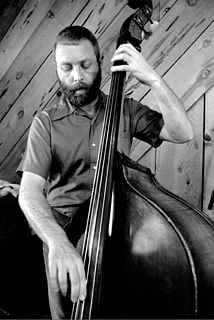A Quote by Munira Mirza
Religiosity amongst younger Muslims is not about following their parents' cultural traditions, but rather, their interest in religion is more politicized.
Related Quotes
One of our greatest challenges here in America is that pogressives don't always stand with the progressive Muslims because in the interest of freedom of religion and civil liberties and political correctness, they don't want to offend cultural choices by Muslims. I know that people have gone to these interfaith sessions at different mosques and they see that the women end up in the basement, but they don't want to challenge anyone because they think, "Oh, well this is your way".
Interest in religion is not necessarily interest in God. Religion in public life means a set of ideas, an ideology that has certain positions. Religion is then one more ideology among others. Religion is about God. Religion begins with a relationship to God, not a relationship to an idea. It is God who is an actor, not just individuals who have certain beliefs who are actors. God is an actor.
Both Kant and Fichte thought of traditions of revealed religion as ways of symbolically (that is, with aesthetic emotional power) thinking about our moral condition. Both thought that religion would become more and not less powerful, emotionally and morally, if the claims of scriptures and religious teachings were taken symbolically rather than literally (whatever 'literally' might mean in the case of claims that are either nonsensical or outdated or historically unsupportable if taken as metaphysical or historical assertions).




































